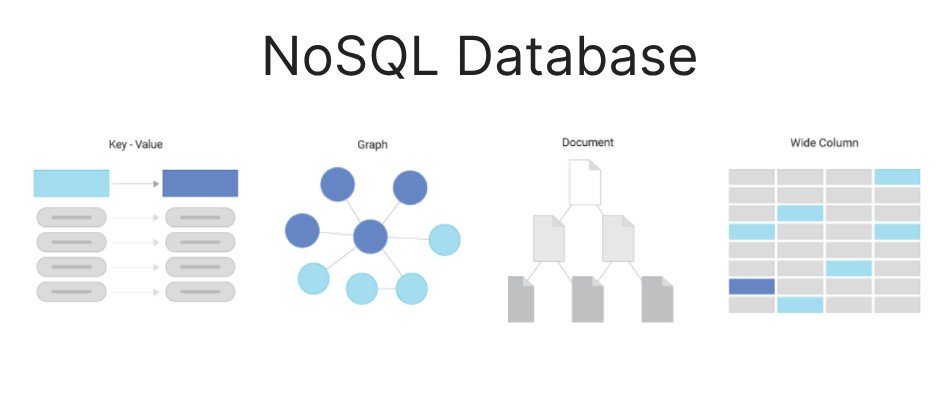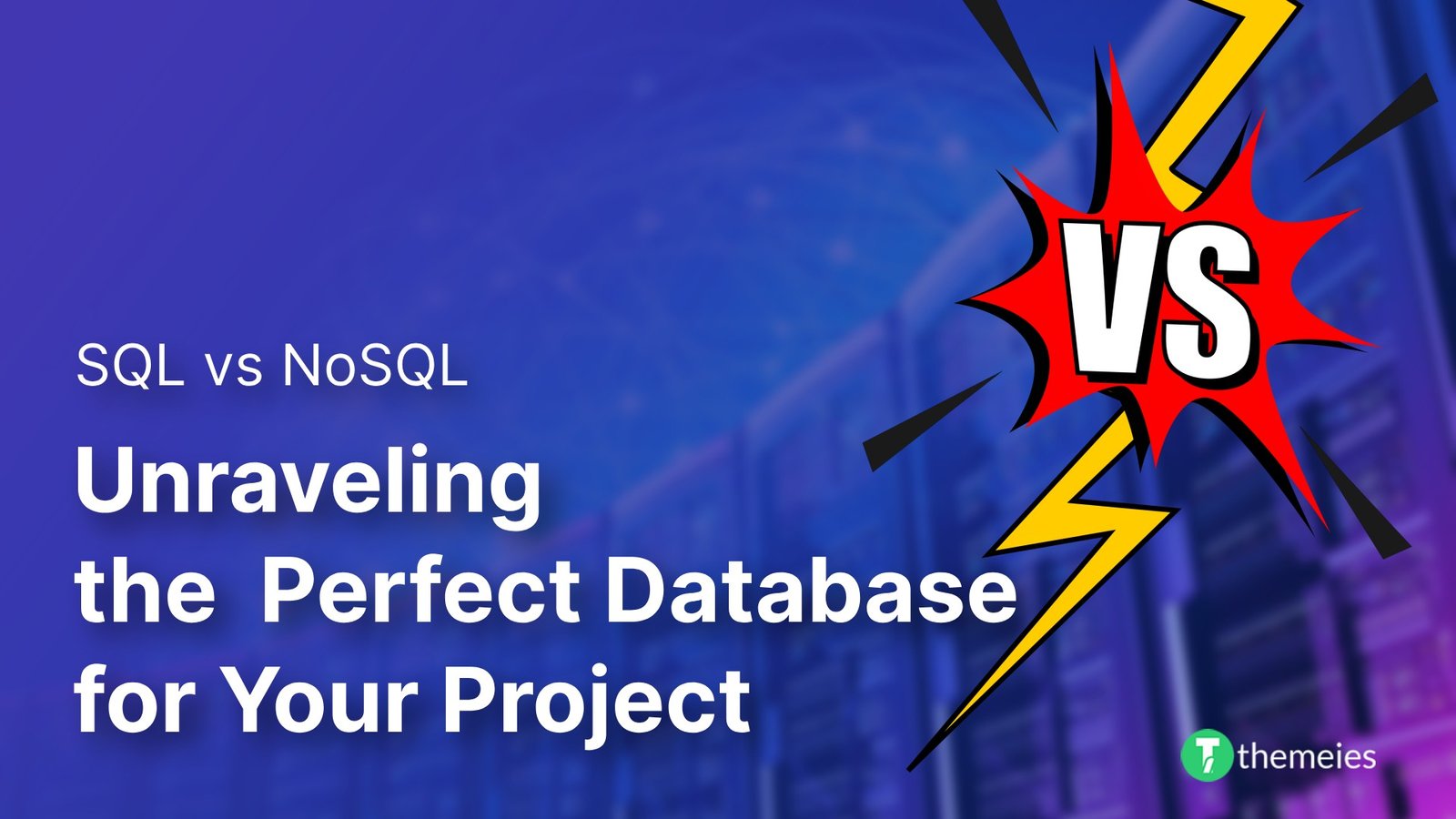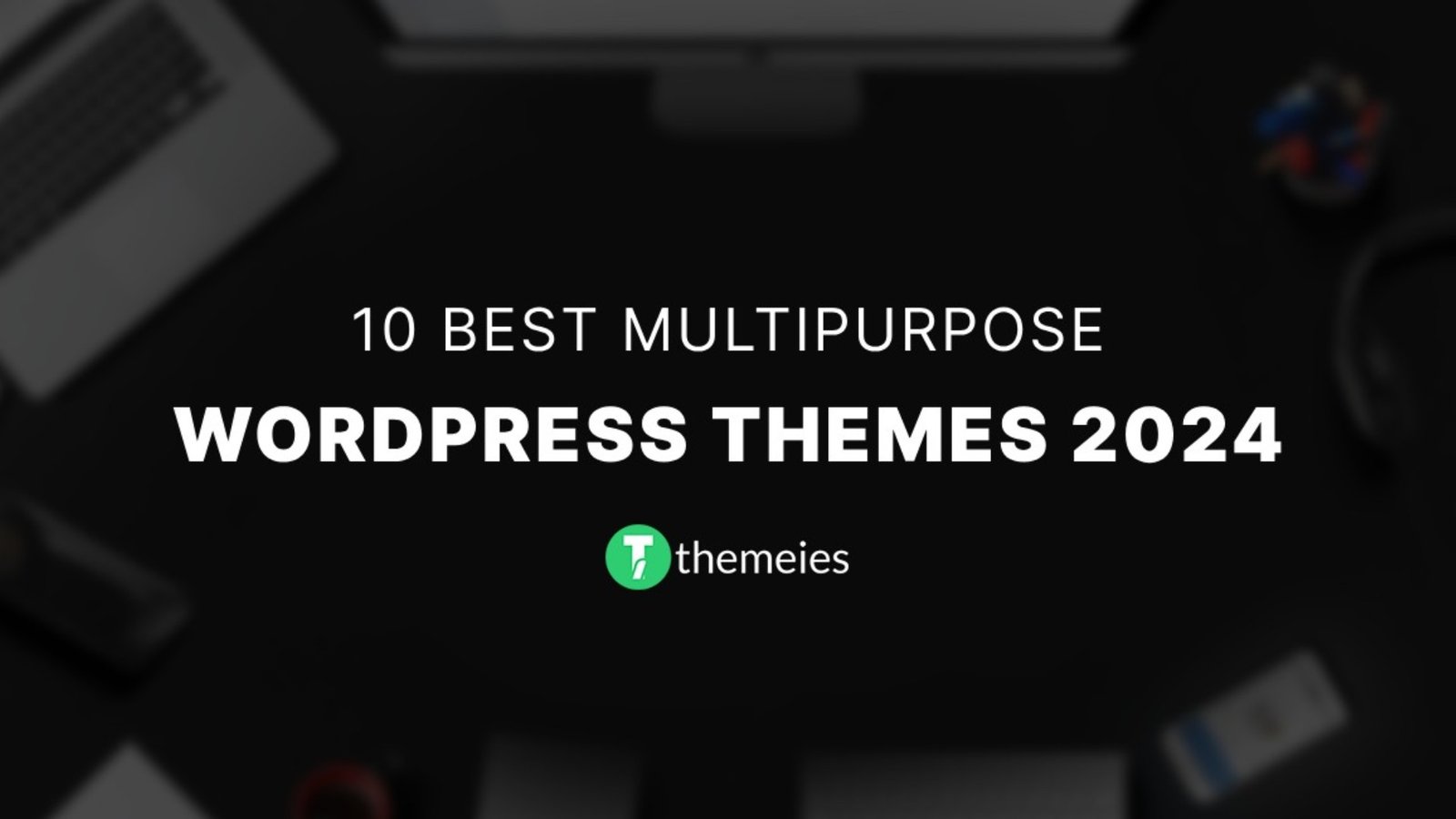Introduction: Elevating Your Online Store's Success In toda ...

Introduction of SQL vs. NoSQL
In the dynamic realm of data management, choosing the right database is paramount for the success of your project. SQL vs. NoSQL databases stand as two formidable options, each with unique strengths and applications. Let’s delve into the intricacies of both, helping you make an informed decision for your project’s success.
Understanding SQL Databases
SQL databases, or relational databases, have long been the cornerstone of structured data management. They excel in handling structured data, maintaining data integrity, and ensuring a consistent schema. Popular choices like MySQL, PostgreSQL, and Oracle Database fall under this category.

Robust Structure and Data Integrity
SQL databases enforce a predefined schema, ensuring that all data adheres to a structured format. This rigid structure aids in maintaining data integrity, preventing inconsistencies and errors.
Powerful Query Language
Structured Query Language (SQL) provides a powerful and standardized method to interact with these databases. The ease of querying allows for efficient data retrieval, making SQL databases ideal for complex transactions and reporting.
Ideal for Complex Transactions
In projects with intricate transactions like finance, inventory management, and complex data relationships, SQL databases excel. The ACID properties ensure reliable and secure transactional processes.
NoSQL Databases: Embracing Flexibility
On the flip side, NoSQL databases provide a flexible and scalable approach, addressing the needs of contemporary, unstructured data. MongoDB, Cassandra, and Redis are noteworthy players in the NoSQL landscape.

Schema-less Design
NoSQL databases embrace a schema-less design, allowing for dynamic and evolving data structures. This adaptability proves beneficial, especially when handling varied and evolving data sources.
Scalability and Performance
For projects demanding high scalability and performance, NoSQL databases shine. Their ability to horizontally scale by adding more servers or nodes makes them ideal for handling large volumes of data and concurrent user requests.
Well-suited for Unstructured Data
In the era of big data, where unstructured and semi-structured data abound, NoSQL databases prove invaluable. NoSQL databases seamlessly adapt to tasks such as managing social media interactions, user-generated content, or real-time analytics.
Making the Decision: Which One Is Right for You?
Consider Your Data Structure
If your project deals with well-defined, structured data and requires transactions with uncompromising integrity, opt for an SQL database.
Embrace Scalability and Flexibility
For projects with unpredictable data growth, diverse data sources, and a need for high scalability, a NoSQL database might be the optimal choice.
Evaluate Performance Requirements
Consider the performance demands of your project. If high-performance transactions are paramount, SQL databases are a reliable choice. For projects with a focus on scalability and flexibility, NoSQL databases may be more suitable.
POS (SQL) vs. COS (NoSQL) Database Comparison Table
| Feature | POS (SQL) | COS (NoSQL) |
| Data Structure | Follows a predefined schema | Schema-less, allows for dynamic and evolving structures |
| Query Language | Utilizes Structured Query Language (SQL) | Varied query languages, not limited to SQL |
| Data Integrity | Enforces strict data integrity with ACID properties | Flexible, sacrifices strict consistency for scalability |
| Scalability | Vertical scaling (adding more power to existing server) | Horizontal scaling (adding more servers or nodes) |
| Use Cases | Ideal for projects with well-defined, structured data | Well-suited for projects with diverse and evolving data |
| Performance | Excellent for complex transactions and reporting | Great for high scalability and handling large volumes |
| Flexibility | Rigid structure, less adaptable to changing data models | Adaptable to diverse and evolving data structures |
| Examples | MySQL, PostgreSQL, Oracle Database | MongoDB, Cassandra, Redis |
Conclusion
In the SQL vs. NoSQL debate, there’s no one-size-fits-all solution. The choice depends on the unique requirements and nature of your project. Carefully evaluate the characteristics of each database type, and you’ll be well on your way to a data management solution that aligns perfectly with your project’s objectives. Choose wisely, and let your database become the backbone of your success.
- ACID Properties
- Data Integrity
- Data Structures
- Database Management
- Database Scalability
- NoSQL Flexibility
- Project Management
- Real-time Analytics
- SQL vs. NoSQL
- Unstructured Data.


Introduction of SQL vs. NoSQL In the dynamic realm of data ...
02 Feb, 2024 226 Liked

Streamline Your Website with Versatile Themes In today's ev ...
08 Jan, 2024 250 Liked

Secure Payment

Money Back

